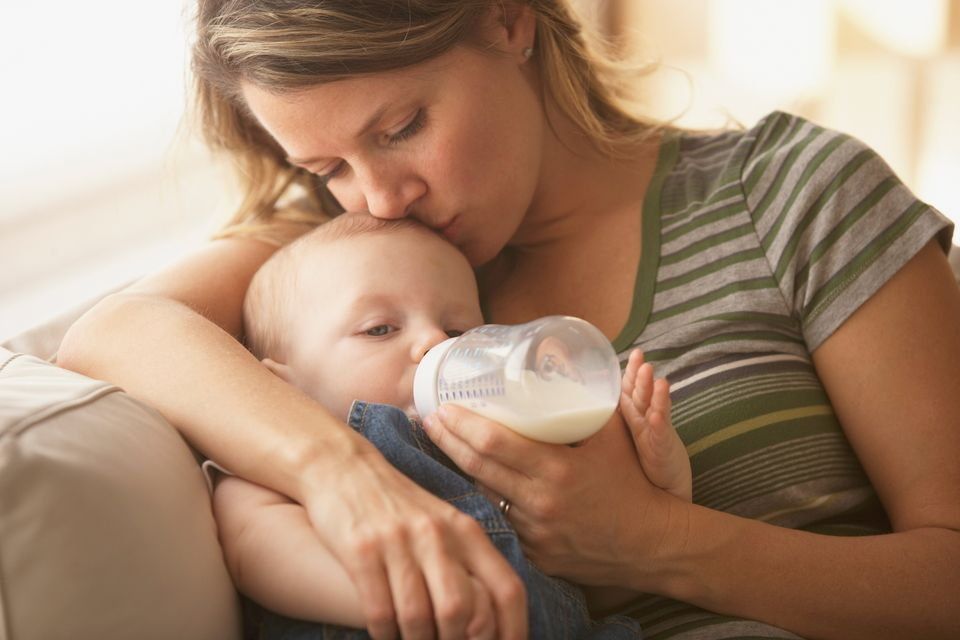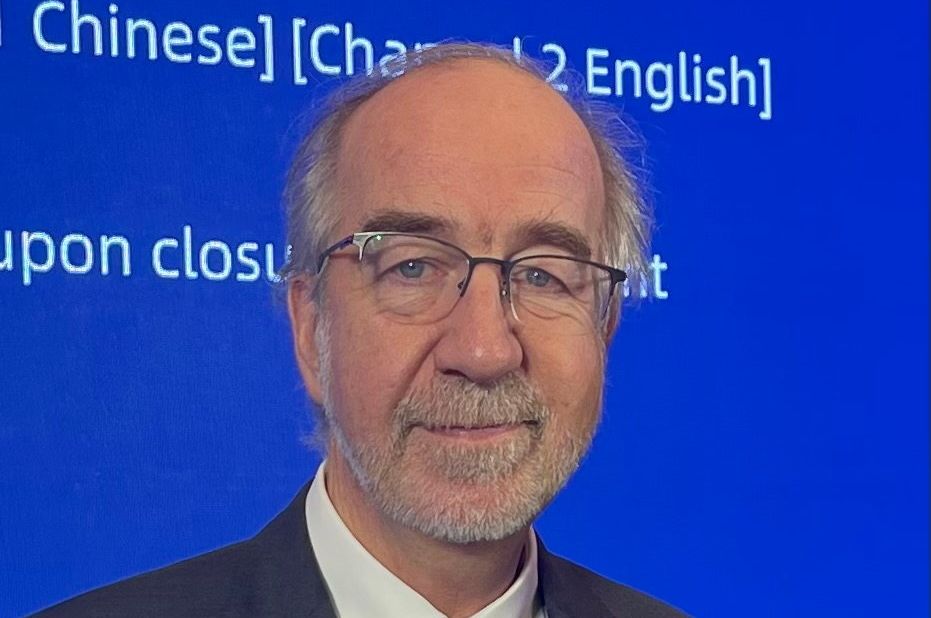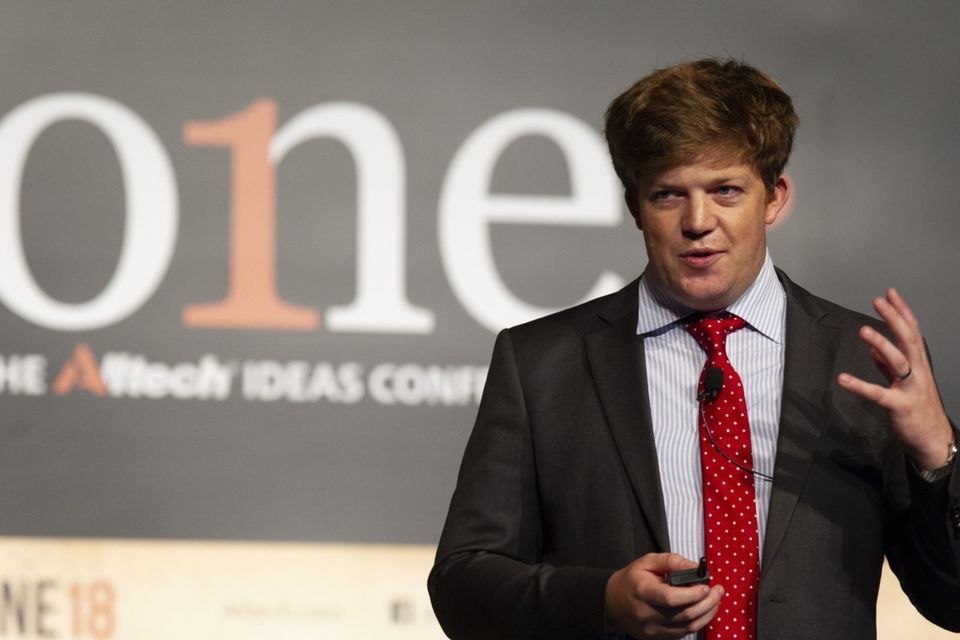EU tax on EVs from China has sparked tit-for-tat anti-subsidy investigation into Irish agri-exports to Chinese market
And trade experts spoken to by the Sunday Independent are warning that whatever the result of the current spat between the EU and China, the growing volatility in international trade means that Ireland needs to plot a careful course as Europe, the US and China increasingly butt heads over trade.
The spat presents “real risks for Ireland and its food trade policy”, says Ian Lahiffe, a Beijing-based agri-food trade expert who represents Irish firm Celtic Sea Minerals in China but who is Ireland’s representative at the European Chamber of Commerce.
Chinese electric vehicle manufacturers are facing a 37pc duty on what had been a rapidly growing trade into the EU. Photo: Getty Images
Chinese electric vehicle manufacturers are facing a 37pc duty on what had been a rapidly growing trade into the EU. In what is seen widely as a retaliation, the Chinese commerce ministry last week announced an anti-subsidy investigation into imported dairy products from the EU.
The move follows a similar one in July that saw the Chinese authorities launch an anti-dumping investigation into pork products from the EU.
For now, the targeted nature of the Chinese move – excluding, for example, baby formula – limits the potential damage, but a further escalation would threaten significant industries and the the Irish Farmers Association has warned that Irish farmers cannot become “the fall guys”.
In 2023, Ireland exported approximately 55,529 tonnes of pigmeat valued at €106m to China. Dairy was even more significant, with €420m – or 7pc of total Irish dairy exports – sold to China in 2023.
“The dairy sector in particular is where there has been long-term growth into China and the Chinese don’t have too many levers to pull, so we have to take the threat seriously,” says Lahiffe, who will speak at the Agricultural Science Association annual conference in Kilkenny on September 5.
“If there is a chance that Irish farmers will be left stuck with a lot of dairy or pork that would have been sold into China, it is important we look at the options to diversify into alternative markets in a short period of time. That would be quite challenging.”
‘The Chinese birth rate in the past 10 years has nearly halved. That means a lot less infant formula is needed.’ Photo: Getty
The dispute comes on the back of a long period of growing geopolitical antagonism between the West, particularly the US, and the mood music around China is increasingly negative in the West, says Lahiffe.
“At the European Union Chamber of Commerce, for example, where I represent Ireland, the sentiment is not about reinvesting in China. People are worried about the geopolitics and the underlying fundamentals of the Chinese economy.”
He believes that for companies that have products that are a good market fit, there’s still growth opportunities in China.
“There is a double negative for Irish exporters because, apart from the trade issues, the Chinese economy didn’t get the bounce back after Covid and I think that has really shaken the confidence here in China,” he says.
“The property market is unstable and people have gone back to being very cautious and spending less. I think they have the perseverance and they have the tools to get out of it. But the longer it kind of drags on, the more it becomes kind of the status quo.
“Before this all started you would meet so many Chinese entrepreneurs that were really dynamic, whereas now you feel there’s a little bit more risk aversion, like they’re afraid of having their wings clipped.”
For dairy producers specifically, he sees the falling Chinese birth rate as a significant long-term challenge.
“The birth rate in the past 10 years has nearly halved. Ten years ago there were about 14 million children born in China and last year it was seven and a half million. That means a lot less infant formula is needed. And adults are also cutting back on dairy consumption because of the economic situation. So overall, it is likely to be a smaller market.”
John Clarke, the EU’s former chief agricultural trade negotiator
Ultimately, if the Chinese market for Irish agri-food does not grow to the extent it was once hoped it would, this, he believes, would provide a compelling reason to consider a reduction in the size of Irish herds – quite apart from the environmental reasons that are often cited, he says.
John Clarke, the EU’s former chief agricultural trade negotiator, who will also speak at the conference in Kilkenny, believes that the latest Chinese move to specifically target cheese in what he sees as a tit-for-tat retaliation is “not a smart move”, not least because, he says, it disregards WTO rules.
“China’s move is quite calibrated and modest and I don’t believe it will give huge leverage over the EU. It is not a huge sector in overall terms and it won’t dissuade EU member states when they are deciding whether or not to impose definitive duties on electric vehicles in November.”
He does not believe that it is the opening salvo of a full-on trade war: “But I could be wrong,” he warns. He is very concerned by the overall geopolitical atmosphere.
“Irrespective of who gets elected in the US in November, the China-bashing will increase and the Americans will expect the Europeans to fall in line. So the EU will have to kind of navigate between the two, yeah, and avoid being collateral damage.
“The Chinese are very good at playing divide and conquer with the EU member states. They squeeze and punish some of them and let others off the hook.”
Ian Lahiffe, a Beijing-based agri-food trade expert
Nevertheless, he believes that Ireland’s relationship with China is good and so it is unlikely to be the target of this. He believes, despite the growing tensions, it still makes commercial sense for Irish companies to look to export to China and build long-term relationships there.
Ian Wright, the co-chair of the UK’s food and drink expert council, believes it would be a mistake for the EU to underestimate China’s determination in the current dispute.
“The Chinese attitude to trade is very similar to the Trump attitude to trade. When Trump says: ‘America first’, you know, he means it. And the same is true of China. They are still building the Chinese economy. So I think it’s important to take them entirely seriously. This is a really long-term issue.”
The rise over the past 10 years of populism and authoritarian regimes is partly to blame for the deteriorating atmosphere around trade, he says.
When Trump says ‘America first’, he means it. So does China
“But we are not just seeing it from populist leaders. Populations increasingly want more nationalist policies. Governments in the past were prepared to stand up against that and push the advantages of global trade. But that seems to be much less prevalent now.”
This presents a big problem for both the EU and the UK, he says.
“Our pattern of trade was established in a period when international trade and globalism were popular. Unravelling that, finding replacement markets and restoring the balance is very difficult.”



